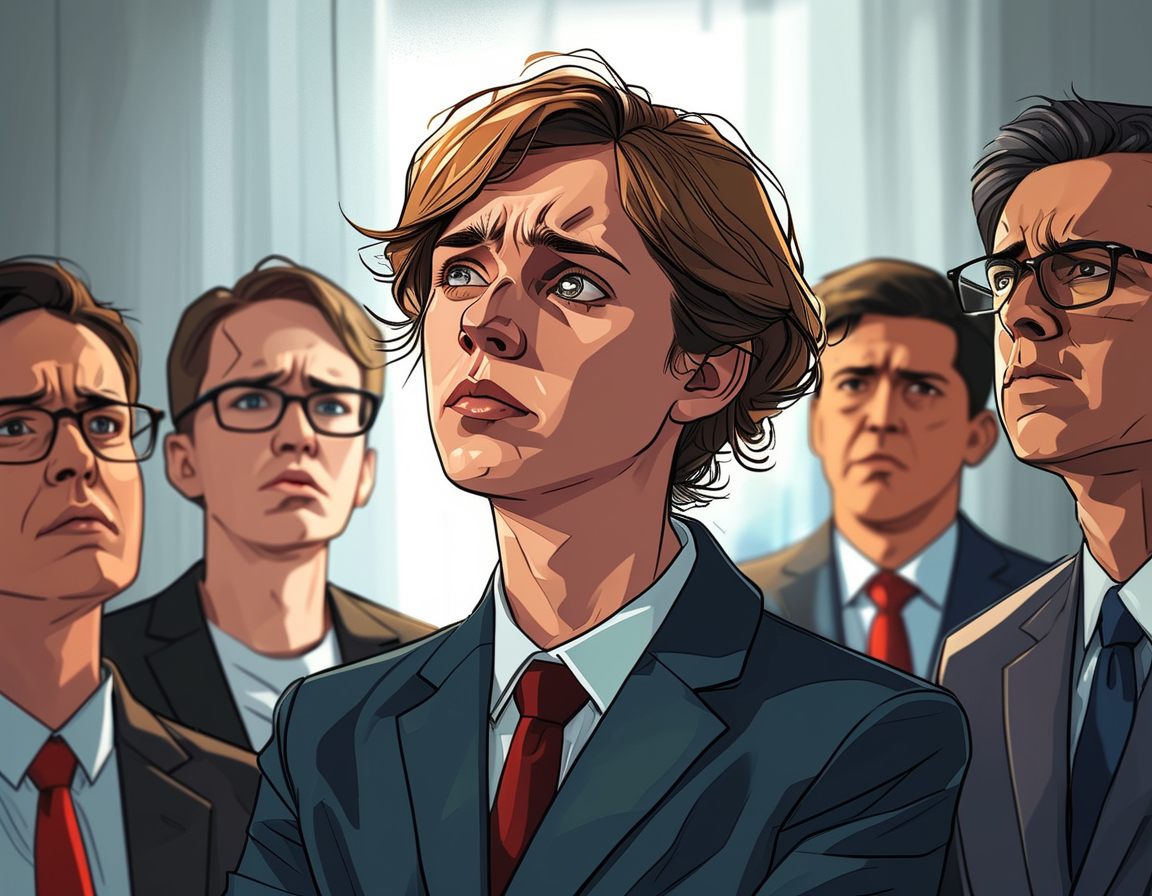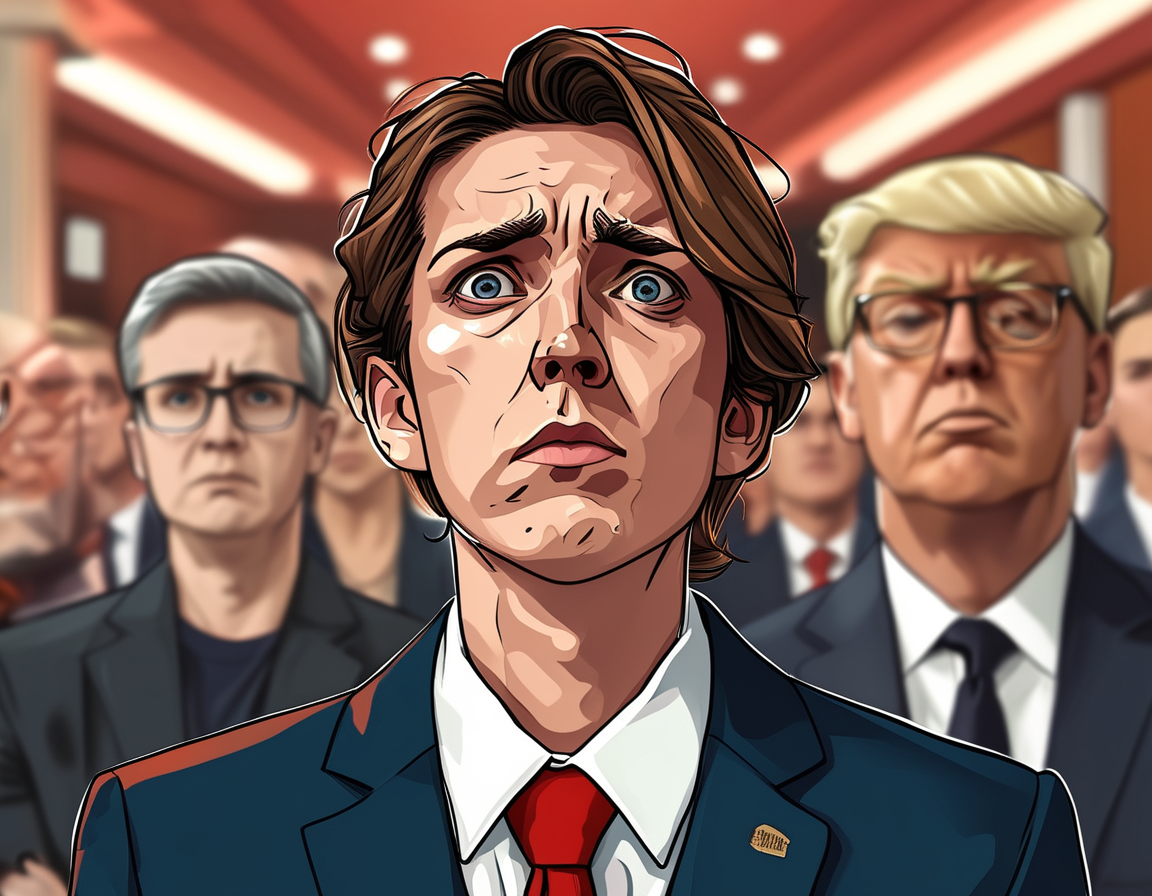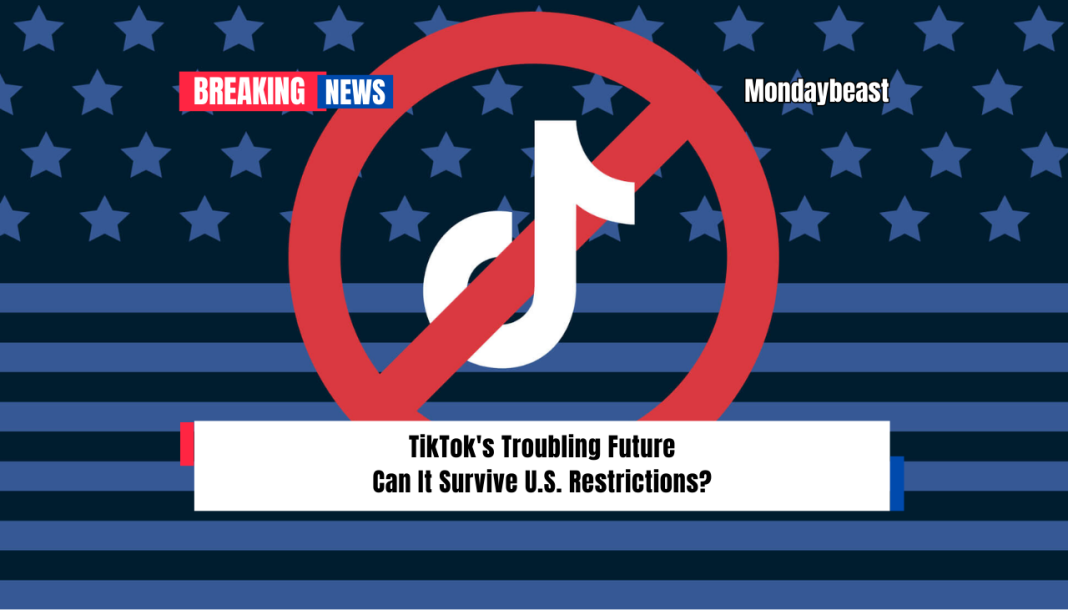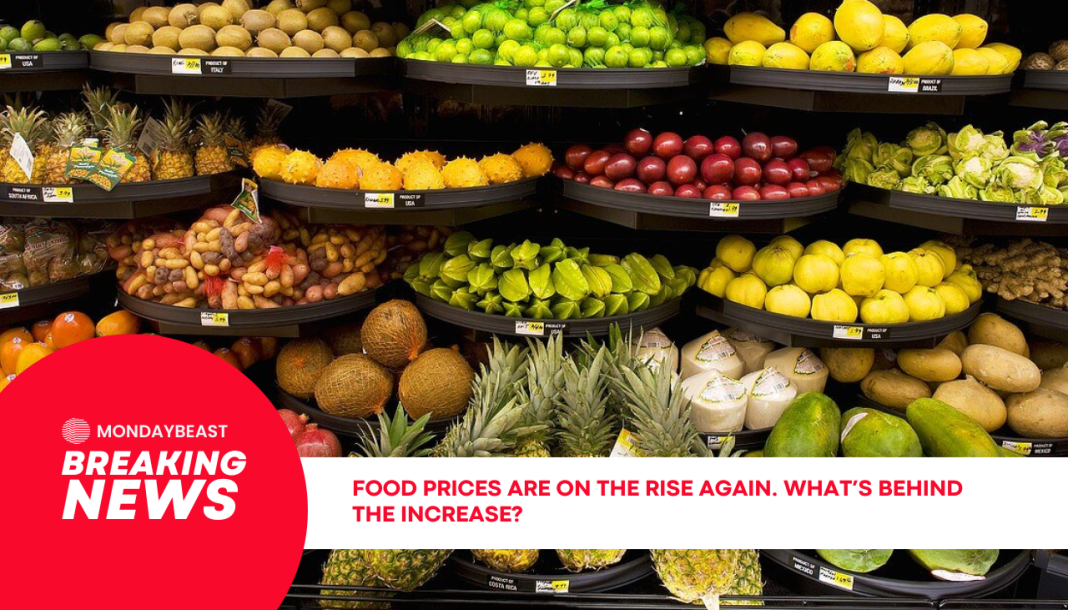The latest news surrounding TikTok paints a troubling picture. The D.C. Circuit Court of Appeals recently rejected TikTok’s request for a delay on a significant law. This law mandates that ByteDance, its Chinese parent company, must sell TikTok or face a ban in the U.S. next month. With the January 19, 2025, deadline closing in, the stakes have never been higher for the popular short video app.

For many, TikTok has become a staple in daily life. It’s a source of entertainment, connection, and even education. Users often feel an emotional bond with the app, sharing everything from dance challenges to heartfelt stories. Still, the fear of a ban prompts questions: What would life look like without TikTok? Would other platforms emerge to fill that void? And do national security concerns outweigh individual freedoms?
The U.S. government argues that TikTok poses serious risks. Officials claim the app could potentially allow the Chinese government access to sensitive user data. This has sparked a broader debate about privacy and the extent of surveillance in a digital age. People are left wondering where the line should be drawn. Is banning an app the answer? Or does it raise deeper issues about how much control governments have over tech companies?

Donald Trump, in a recent NBC interview, weighed in on the TikTok situation. He revealed a nuanced perspective, noting his own use of the platform during his campaign. Trump claimed TikTok helped him reach a younger audience. He enjoyed a 30% advantage in support among young voters. Still, he acknowledges the need for action if national security is at stake.
Despite his past favorable approach, Trump recognizes that something would likely replace TikTok if it were banned. ‘They have the right to ban it if they can prove that the Chinese companies own it,’ Trump stated. This raises valid points. Would banning TikTok just create a new monopoly? Or could it spark innovation among American tech firms?

As time runs out, the pressure mounts. Lawmakers are considering additional measures, including warnings to tech giants like Apple and Alphabet. They could be forced to remove TikTok from their app stores. Both companies, with vast resources at their disposal, could be in a position to influence the future of TikTok.
But how will everyday users react? For many, TikTok isn’t just an app; it’s a community. It’s where they express themselves and connect with others. If TikTok were to vanish, how would it impact creators, influencers, and users? They may feel like they’ve lost a part of their lives. The emotional landscape is temperamental, reflecting both worry and confusion.
Ultimately, the fate of TikTok hangs in the balance. As the deadline looms, both users and creators anxiously await a resolution. Will TikTok find a way to navigate the complex world of U.S. politics? Or will it face an uncertain future, stripped of its user base and community? The answers could shape the landscape of social media for years to come.




